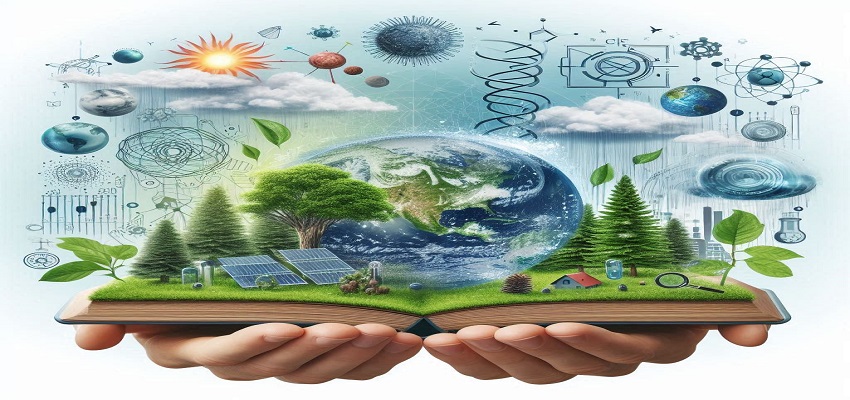The title of "father of meteorology" is often attributed to Luke Howard. He was a British manufacturing chemist and an amateur meteorologist who made significant contributions to the field. Howard is best known for his work on cloud classification, which he presented in 1802. His nomenclature system for clouds, including terms like cumulus, stratus, and cirrus, is still in use today
What is Meteorology?
Meteorology is the scientific study of the atmosphere, focusing on weather processes and forecasting. It encompasses a broad range of disciplines aimed at understanding and predicting weather patterns, climate, and atmospheric phenomena.
Key Areas of Study
-
Weather Forecasting: Meteorologists analyze data from satellites, radar, weather stations, and computer models to predict short-term weather changes. This involves studying atmospheric pressure, temperature, humidity, and wind patterns.
-
Climate Studies: This area focuses on understanding long-term atmospheric patterns and trends, analyzing how climate changes over time and the impact of human activities on global climate.
-
Atmospheric Physics: Meteorologists examine the physical processes that drive weather systems, such as radiation, heat transfer, and fluid dynamics. This helps in understanding how different atmospheric layers interact.
-
Meteorological Phenomena: Specific weather events like hurricanes, tornadoes, thunderstorms, and blizzards are studied to understand their formation, development, and impact on the environment.
Applications of Meteorology
-
Weather Forecasting: Meteorologists provide daily weather updates and severe weather warnings to help individuals and communities prepare for weather conditions.
-
Agriculture: Accurate weather forecasts assist farmers in planning planting and harvesting schedules, ensuring better crop management and yield.
-
Aviation: Meteorologists ensure safe flight operations by providing critical weather information, helping to avoid turbulence and severe weather conditions.
-
Environmental Protection: Monitoring and analyzing air quality and pollution levels are crucial in addressing environmental issues and protecting public health.
Tools and Technology
-
Satellites: These are used to observe atmospheric conditions from space, providing a global perspective on weather systems.
-
Radars: Radars track precipitation and storm movements, helping meteorologists predict severe weather events.
-
Weather Stations: These collect data on temperature, humidity, wind speed, and atmospheric pressure, forming the basis for weather forecasts.
-
Computer Models: Advanced algorithms simulate and predict weather patterns based on collected data, enhancing the accuracy of forecasts.
Importance of Meteorology
Meteorology plays a crucial role in everyday life by providing essential information for weather preparedness, safety, and economic planning. Accurate weather forecasting helps prevent natural disasters, supports agricultural productivity, ensures safe travel, and contributes to environmental conservation efforts.



